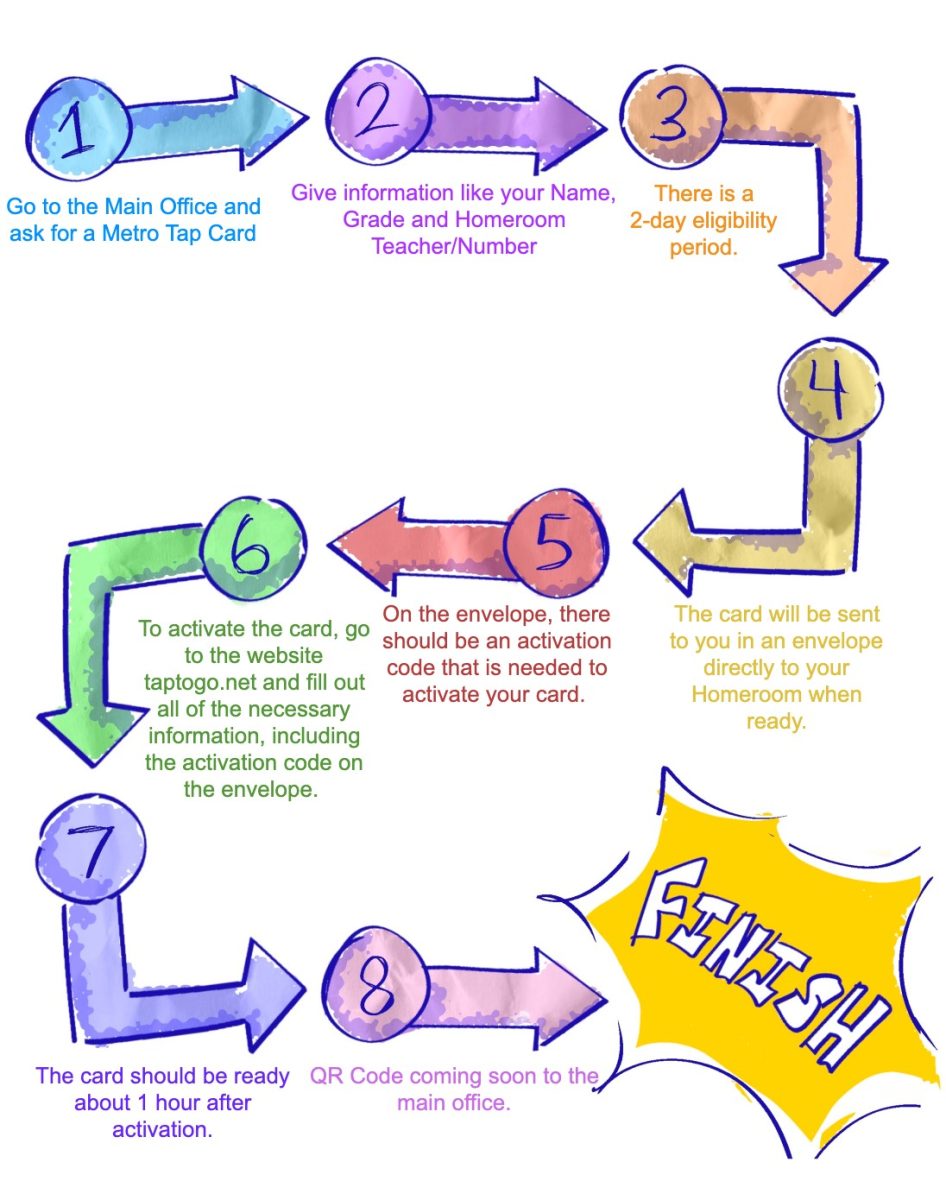On January 23, 2022, the College Board announced that the SAT Suite of Assessments will become digital. This includes the PSAT, SAT, and AP exams. The digital SAT is shortened by an hour, from three hours on paper to two hours. The digital version features shorter reading passages, more time for each question, calculators allowed on the whole math section, and students’ test scores are received back faster.
“It’s much more convenient and easier,” said LACES Magnet Coordinator and School Climate Advocate Ms. Jennipher Lewis.
Students will be able to use their personal device or a school device. If a student device were to die mid-test, the tests have been designed to ensure they won’t lose their work or time. Every student’s test is completely different, making it impossible to cheat.
The online PSAT debuted at LACES in September. This was a new experience for LACES students.
“It’s a lot less stressful, quicker than I thought,” said junior Elise Gay.
Despite the accommodations made for student technology and overall positive experience for students, there are some issues.
“The reliance on technology is hard because every student is responsible for their own computer and we know that’s a difficult thing due to technology issues, etc,” said Lewis.
Unlike the PSAT and SAT tests, the AP exams can be taken on paper or digitally.
“College board has an option for it to be available in paper or digital.” said LACES college counselor Ms. Candice Mackey. “But schools ultimately make the final decision.”
Digitized AP exams pose advantages for students, teachers, and administrators alike. Like the SAT, the exams are shortened if online.
“It makes things a bit easier because it’s less transmission of paper. So for that reason, it makes it smoother from the coordinator’s role,” said Mackey. ”I think that a lot of you are all familiar with using devices and computers, so [college board is] supporting the needs of and preferences of students.”
Some LACES teachers, including both AP World History teachers, attend College Board conferences to grade AP exams. They believe AP Readers would benefit when AP testing turns digital.
“The advantage of the AP Test being online is that it would be easier for the readers to read student work,” AP World History Teacher Ms. Cecilia Portillo stated. “As a reader, it was hard to read students’ writing last year, so it’s going to alleviate that problem.”
Even though online tests eliminate some of the inconveniences for graders, they still have some concerns for students.
“I’m concerned about how fast students can type.” said Ms. Portillo.
During the fall pilot, Students and Graders that participated doing the SAT digital stated that the SAT online was not as stressful as paper and pencil. AP Readers were relieved with no longer having to deal with packing, sorting, or shipping test materials. The positive feedback from the pilots encourages the push of all state testing going digital.













